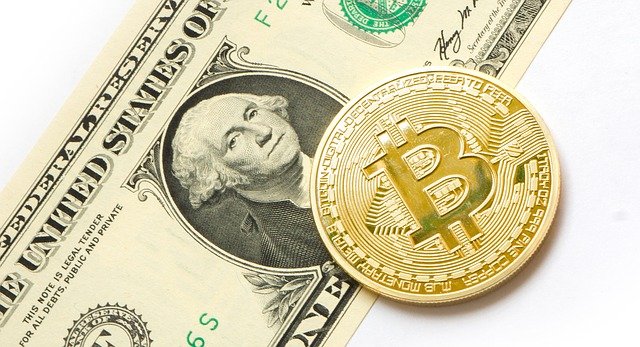Amid the recent increase in price volatility in the cryptocurrency market, the’reverse premium’ phenomenon is taking place where the domestic transaction prices of Bitcoin and Ethereum are lower than those of foreign markets. Concerns are raised that if the reverse premium continues, the market volatility can be further increased by inflow of funds for arbitrage trading to buy cryptocurrency inexpensively in Korea and then resell it on overseas exchanges. From the perspective of investors, special attention should be paid to the feeling of alienation due to the failure of domestic cryptocurrency prices to keep up with the global market price, as well as additional losses due to increased price volatility.
|
BTC·ETH domestic price is cheap from 3% to 6%
Bitcoin (BTC) based on Bithumb, a domestic cryptocurrency exchange at noon on the 5th, is trading at 39.37 million won, down 0.09% from the previous day. At the same time, Upbeat recorded 39.73 million won.
On the contrary, it is being traded at a price exceeding 40 million won overseas. At the same time, Bitfinex traded for $36,960 (about 41.6 million won), and Liquid, a Japanese exchange, for 3.88 million yen (about 4152 million won).
The Korea Premium Index provided by CryptoQuant also shows the reverse premium. A negative index value means that BTC is cheaper in Korea. On the 3rd, the index recorded -6.35.
When the BTC price exceeded 40,000 dollars in January, it recorded 6.33, showing a strong’kimchi premium’. Kimchi premium refers to a phenomenon in which domestic cryptocurrency transaction prices are higher than overseas. Kimchi premiums were incurred in most bull markets, but this month’s bull market also showed a reverse premium.
Ethereum (ETH) price is no different. As of noon on the 5th, ETH is trading at 1.74 million won, up 2.74% from the previous day. At Upbit, it recorded 1735,000 won, which is cheaper than Bithumb.
The global market price exceeded 1.8 million won. At the same time, Bitfinex traded at $1,611 (about 1.81 million won) and Liquid at 170,000 yen (about 1.81 million won).
Inferring the increase in domestic sales… Information asymmetry causes inverse premium
The reason for this reverse premium can be inferred through on-chain data. If domestic prices are cheaper than overseas, the cause is either’increased selling in the domestic market’ or’increased buying in overseas markets’. On-chain data pointed to increased sales in the domestic market.
“We have caught a large amount of BTC being deposited on the domestic cryptocurrency exchange through on-chain data,” said Ki-young Ki, CEO of CryptoQuant. Depositing cryptocurrency on an exchange is interpreted as an act of selling. CEO Joo added, “It seems that they sell a lot domestically rather than buy a lot overseas.”
The trading volume is also insufficient compared to overseas. Binance is the No. 1 exchange in global trading volume based on coin market cap. Binance’s 24-hour trading volume as of noon on the 5th is $23.22.67 million (about 26.63 trillion won). Upbit is the most trading volume in Korea. Upbit trading volume is 3,256,4101 dollars (approximately 3.4 trillion won), ranking 23rd.
Some believe that this reverse premium phenomenon comes from’information imbalance’. An exchange industry official said, “In the cryptocurrency market, the information distributed on SNS’Twitter’ is important.”
He said, “There are many users who are not familiar with Twitter in Korea, so the time to obtain information is relatively slow,” he said. “After the price rises in the overseas market, it seems that the reverse premium will occur as we follow it.”
D Center Reporter Noh Yun-ju

